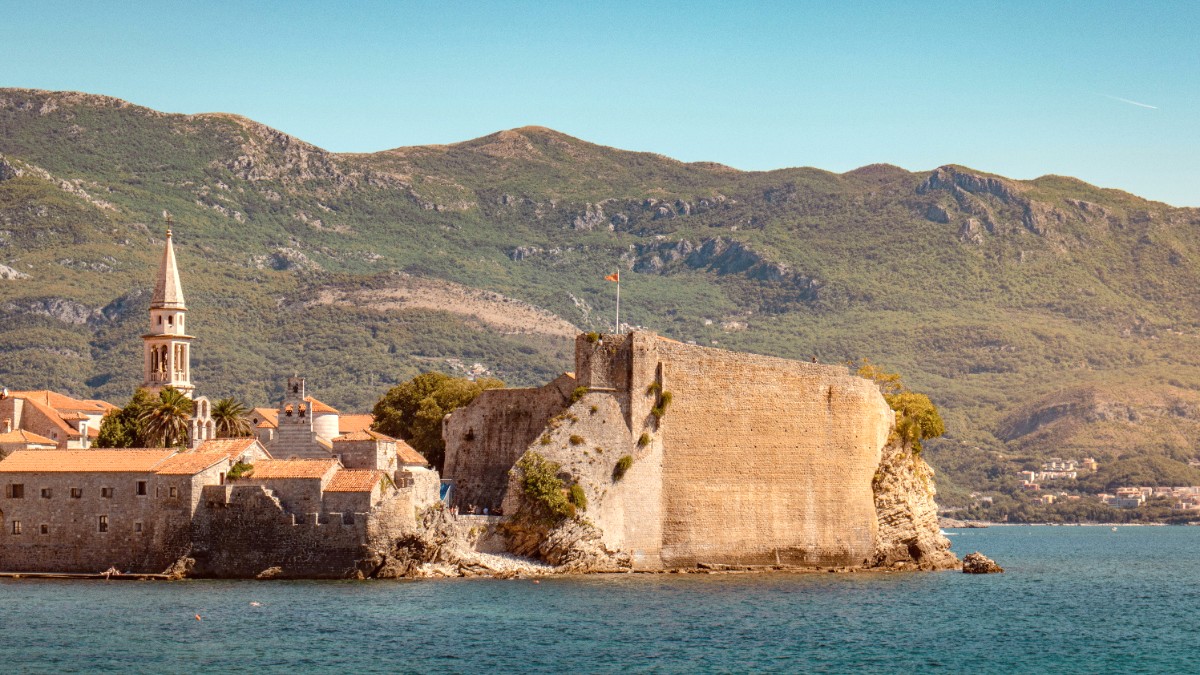
Coastal Montenegro, Montenegro
Budva does not feature common city-wide tourist discount cards. Your International Student Identity Card (ISIC) might offer local discounts at museums or attractions.
Many experiences in Budva come at no cost, allowing you to immerse yourself in the city's charm.
Optimize your exploration time with these efficient strategies, notably useful during peak season.
Skip-the-line options are generally not needed for attractions in Budva; crowds usually pose no challenge unless a large cruise ship has recently docked.
For faster travel, consider express transportation options. Private transfers or taxis are quicker for airport journeys or specific destinations, though they come at a higher cost.
Always carry cash, as cards are not universally accepted. Account for winding roads and summer traffic by allowing extra travel time. Stay hydrated by consistently carrying bottled water due to hot temperatures. If staying in private accommodation, confirm your host registers you with the police within 24 hours of arrival, as this is a legal requirement.
Montenegrins cherish their coffee; it is a social ritual, so do not rush this experience. Life generally moves at a slower pace, so embrace the relaxed rhythm. Montenegrins are generally warm and welcoming. Smoking is common and permitted in many outdoor restaurant and cafe areas. Direct communication is normal and rarely meant offensively. Personal space might be smaller than in some Western cultures.
Using basic Montenegrin greetings like "Zdravo" (Hello) or "Dobar dan" (Good day), and "Hvala" (Thank you) is always appreciated and can foster positive interactions.
Budva is generally safe for solo travelers. Practice common sense regarding personal safety, as you would in any destination. Avoid walking alone in unlit areas at night, and keep your valuables secure.
For group travel, careful planning is . Book accommodations, transfers, and popular restaurants well in advance, especially for larger groups during high season.